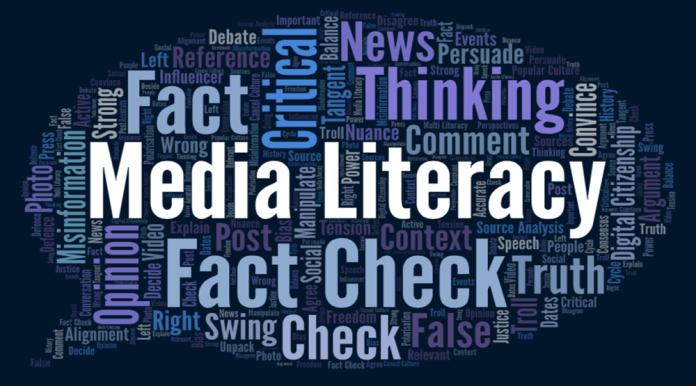With the proliferation of misinformation and disinformation, media literacy has become a critical skill for navigating today’s complex information landscape. The ability to critically evaluate sources, recognize bias, and distinguish credible news from falsehoods is no longer optional but essential.
The Fake News Epidemic
From doctored videos to sensationalist headlines, fake news has seeped into every corner of the internet. Its impact is profound, influencing elections, polarizing societies, and undermining trust in traditional media.
What is Media Literacy?
Media literacy empowers individuals to analyze and interpret information. It includes understanding how news is produced, identifying reputable sources, and questioning the motives behind content.
How to Foster Media Literacy
- Educational Curricula: Schools should incorporate media literacy into their syllabi to build critical thinking skills.
- Public Awareness Campaigns: Governments and NGOs can launch campaigns to help citizens spot fake news.
- Partnerships with Tech Companies: Social media platforms must play an active role in flagging false information and promoting verified content.
In an age of information overload, media literacy equips individuals to remain informed, discerning, and resilient against the tide of misinformation.
